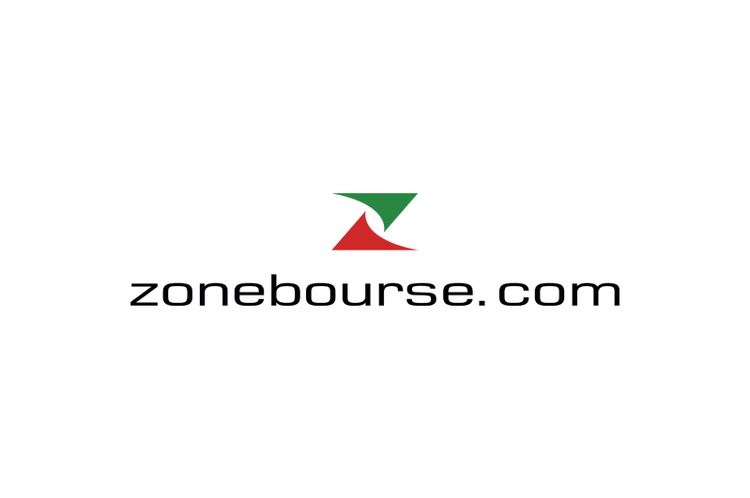China Imports More Fuel Oil Due To Bitumen Blend Restrictions

Reuters reported on May 29 about Singapore. Singapore is a country in Southeast Asia. Reuters is a news agency that reports on events from around the world. The article did not say what the report was about. This is all we know about the Reuters report on Singapore.
China's private oil refiners are importing more fuel oil to make gas and diesel. This is due to high profit margins and inspections at the Shandong refining hub, which are limiting the supply of cheaper feedstock.
China's independent refiners are called teapots and they operate mostly in Shandong province. The government is conducting more inspections to catch cases where crude oil is falsely labelled as bitumen blend. Bitumen blend is a mixture of heavy Venezuelan oil and residue fuel used to make asphalt for roads.
Refiners are being inspected and it's causing them to use fuel oil instead of bitumen blend. This is leading to an increase in fuel oil imports. Traders and analysts agree on this.
This month, it's expected that fuel oil imports will reach 2.3 million tonnes. The majority of the imports are declared to come from Malaysia and Russia. This estimate is provided by tanker trackers Refinitiv and Vortexa. The amount is lower than the 2.67 million tonnes imported in April, which was a 10-year high.
Customs data revealed that imports of diluted bitumen plunged to 121,000 tonnes in April, the lowest amount since August 2019. This is a considerable decrease from March's 1.42 million tonnes. According to traders, imports in May might drop even further.
A trader said fuel oil gained from bitumen mix issue. He added Shandong got a lot of imports, even as the authorities tightened checks.
Import quotas are strict for crude, but not for bitumen. Beijing's fuel oil imports have a looser quota system. Refineries switch to lower-priced fuel oil or bitumen mix when they run low on crude imports.
Customs checks have caused companies to stop importing bitumen blend. Some of them have renamed their cargoes as crude oil. They do this using import quotas. Authorities want to stop mislabelling, so they are making quality specifications for the product. Traders have said all of this.
Chinese teapot refineries are being inspected. The limit on their throughput is now 64.3%. This is better than April but below expectations. Despite this, domestic refining margins are strong. An analyst at Chinese consultancy JLC, Zhou Mi, reported this.
People import bitumen mixture from Venezuela's heavy crude Merey, but they say it comes from Malaysia. This is because of U.S. sanctions on Venezuela. Reuters reported this news.
Traders say that fuel oil imports from Malaysia and Russia have increased since the beginning of 2023. Western sanctions on Moscow have caused Russian fuel to be diverted from Europe to Asia. This sometimes happens through transhipment in the United Arab Emirates.
Chen Aizhu, Jeslyn Lerh, and Muyu Xu reported on something. Florence Tan and Christian Schmollinger edited the report.
The blog is about an article from Reuters in 2023. We need to rewrite it in free English. In 2023, Reuters published an article. We can now rephrase it using short sentences. - Reuters wrote an article in 2023. - This news is the subject of the blog. - We need to use free English to rewrite it. - Short sentences are best for this purpose. - It will help readers understand better. - The article talks about current events. - Reuters is a trusted news source. - Their article deserves our attention. - By rewriting it, we can share it with others. - Let's get started!







